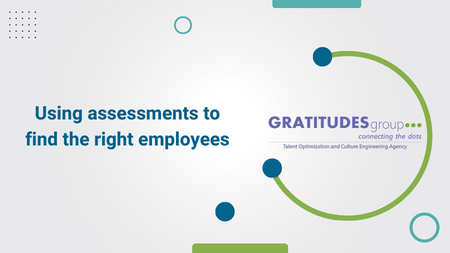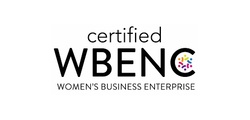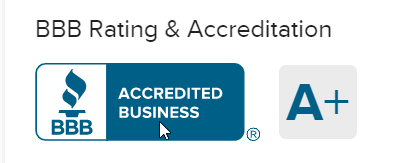Finding someone with the perfect mix of experience, knowledge, and skills is tough in today’s ever-changing work environment. Utilizing assessments during the recruitment process is an effective way to identify top candidates that have what it takes to succeed within your organization.
Assessments help employers pinpoint key skills, and provide valuable insight into an applicant’s approach to problem solving and teamwork. They also provide companies with an objective source of data that cannot be manipulated by anyone in the hiring process.
Assessing potential employees through data-driven methods can offer powerful insights about job performance and help organizations select suitable individuals who match their unique needs.
Assessments are not only a way to identify potential employees – they can also help employers establish better guidelines, criteria and standards for the entire recruitment process. By establishing these limits, employers can ensure that the hiring process is consistent, fair, and equitable across all candidates.
Understanding Assessments’ Purpose and Benefits
Assessments have become an integral aspect of organizational success. Whether you are a start-up or a well-established business, understanding the purpose of assessments and how they can benefit your organization is key.
Assessments help businesses to make informed decisions by providing valuable insights into the strengths and weaknesses of individuals, teams, and the organization as a whole. They can assist in identifying skill gaps, improving team dynamics, and developing strategies to improve overall performance.
Assessments can also be used as a benchmarking tool to track progress and ensure that business goals are being met. By utilizing assessments, organizations can make data-driven decisions that lead to greater success and growth.
What Types of Assessments Should Be Used?
In today’s competitive job market, employers need to be strategic in their hiring process by utilizing a variety of assessments to find the right employees. While traditional job interviews remain a common assessment method, companies are increasingly recognizing the benefits of incorporating other assessments such as skills tests, cognitive ability tests, and personality assessments.
By expanding their approach, employers gain a more comprehensive understanding of a candidate’s abilities, work style and values, which in turn can help them make better hiring decisions.
Additionally, utilizing different assessment methods provides candidates with equal opportunity to demonstrate their potential and experience, resulting in a more diverse and inclusive workforce.
There are several types of exams available depending on the position you are looking to fill:
- Cognitive ability tests measure a candidates’ reasoning skills and problem-solving abilities.
- Personality tests assess traits such as empathy, extroversion and assertiveness.
- Job-specific aptitude tests measure knowledge in areas related to job performance.
- Behavioral interviews help employers determine how applicants would handle certain scenarios or tasks that may come with the job.
By using a variety of assessments, companies can identify the most qualified candidates for their organization, promote a more positive hiring experience for all involved, and drive increased success in their business.
Evaluating Results – What Qualities to Look for in Potential Employees
Evaluating potential employees requires careful analysis and understanding of the specific attributes that make them stand out. When assessing a candidate, it is essential to look for qualities such as relevant experience, strong communication skills, and the ability to work well within a team.
Job candidates who demonstrate a strong work ethic, high levels of motivation, and a willingness to learn and adapt are valuable assets to any company. By focusing on these key qualities, hiring managers can find the perfect addition to their team and ensure long-term success for their organization.
Making Decisions – How to Weigh the Results of an Assessment
Making informed decisions can be a daunting task, especially when you have to weigh the results of an assessment against other criteria. While assessment results provide valuable information, other considerations such as budget, timelines, and stakeholder expectations also play a significant role in the decision-making process.
It is essential to approach decision-making systematically and with a clear understanding of the criteria involved. Evaluating each factor separately and then considering how they relate to each other can help you arrive at a final decision. Your judgment should be based on a careful balance of all relevant factors, enabling you to make an informed choice that best serves the needs of your organization.
Call Us for Assessment Help
Assessing job applicants provides employers with a wealth of information about the type of employee they are hiring, far beyond what can be collected in a traditional interview. By selecting appropriate assessments, employers can accurately understand what sets one applicant apart from another and more effectively choose an individual who will fit their business model and workplace culture. Employer-led assessments provide valuable insight into an applicant’s skill set, problem solving ability, digital presence mastery and team collaboration.
By using assessments in employee recruitment, employers are able to find an employee who fits well with the company vision and is poised to help them reach their business goals. If you would like to learn more about how assessments can benefit your business during recruitment practices, contact us today.








